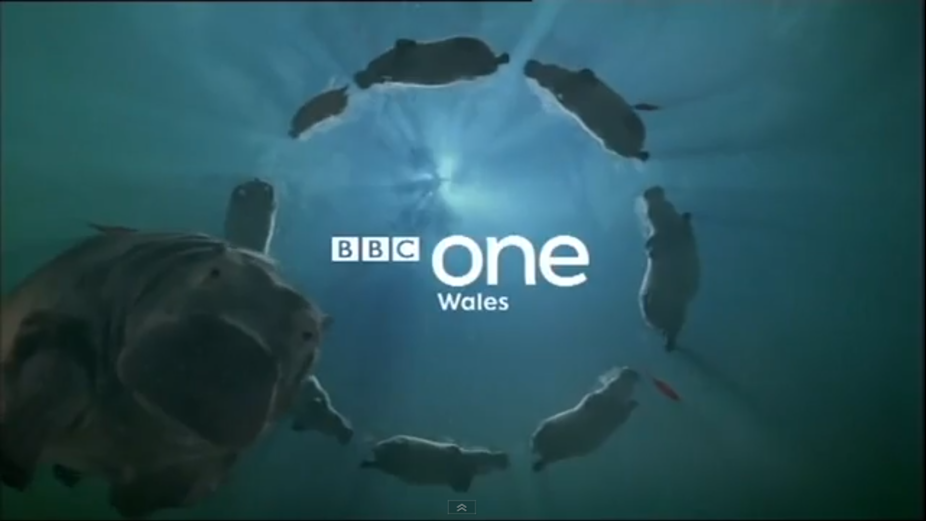On Wednesday the BBC Trust released their report “Review of impartiality and accuracy of the BBC’s coverage of science”. The report has resulted in the BBC deciding to reflect scientific consensus about climate change in their coverage of the issue.
As a science communicator I applaud this decision. I understand and support the necessity to provide equal voice to political parties during an election campaign (indeed, I have done this, as an election occurred during my two years writing science for the ABC).
But science is not politics. And scientists are not politicians.
Much of the confusion about the climate change debate stems from a deep ignorance among the general population about how science works. And believe me this really is something “science” as an entity needs to address.
But this is where we get stuck.
It is far from accurate to refer to “science” as a single entity (as I just have). Many arguments that dispute the consensus about climate change being the result of man made activity talk about “scientists” as though they are “all in it together” and “supporting each other”.
This implies some grand conspiracy. But science is a competition, not a collusion. If anything they are all against each other.
No given person or research team has the whole picture of climate science. The range of scientific disciplines that work in this area is vast. Indeed there are few areas of science which do not potentially have something to contribute to the area.
But put a geologist and a geneticist in a room together and they can barely speak the same language. Far from some great conspiracy, the fact that the Intergovernmental Panel on Climate Change has come to a consensus about climate change is truly extraordinary.
The one uniting aspect of all scientists is that they use the same verification system for work – ensuring other researchers who are experts in that particular field have checked the work.
If work is poorly done, presents false results or does not add significantly to the body of knowledge it simply does not get published. The rejection rate of biomedical papers submitted to Nature for publication is more than 95%. This process is called peer review.
So why when reporting a scientific finding relating to climate change would we equally value the opinion of another person who may be an expert in economics (as they often seem to be), or a politician with no scientific background?
The BBC Trust report did not say the voice of scientific institutions should be taken at face value – far from it. It stated that the BBC had “an over-reliance on a narrow range of external information sources”.
The analysis of two years of reports found three quarters of the broadcast news items about scientific research related to stories where the institution was the source.
So the report is recommending that journalists do what they should always have done – investigate and verify.
By all means ask another expert’s point of view, determine whether the latest finding is in fact good science or what its implications are.
But we need to move away from the idea of “balance” between those who believe it is all a big conspiracy and those who have done some work and looked at the actual evidence.
The report concludes that in particular the BBC must take special care to continue efforts to ensure viewers are able to distinguish well-established fact from opinion on scientific issues, and to communicate this distinction clearly to the audience. In other words, to remember that the plural of anecdote is not data.
Australian media, are you listening?

